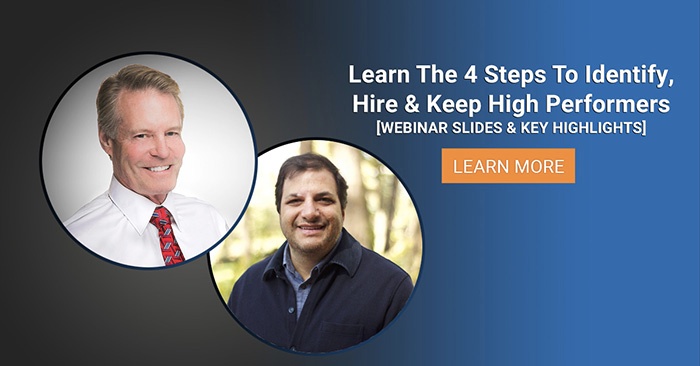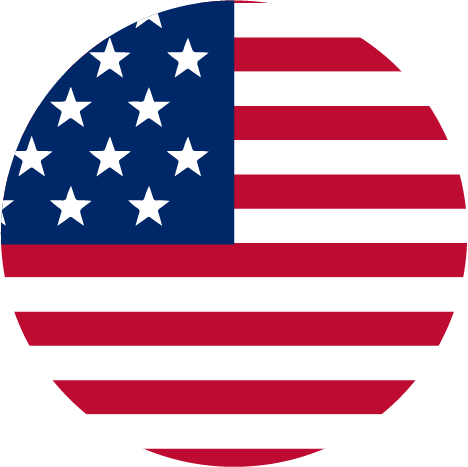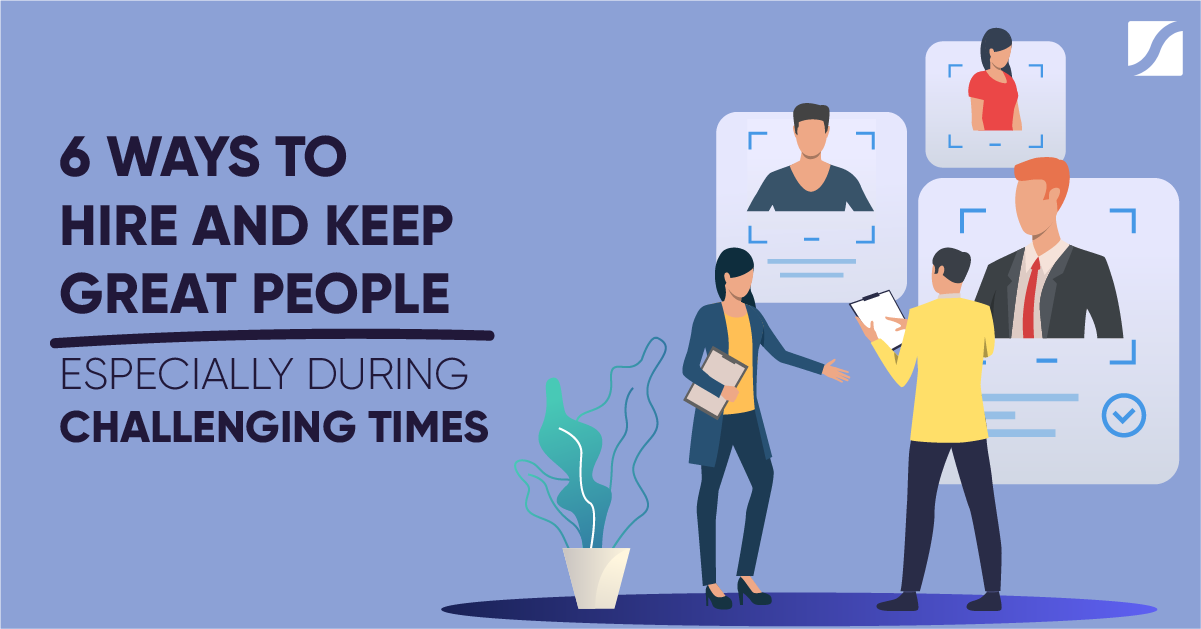Learn The 4 Steps To Identify, Hire & Keep High Performers [Webinar Slides and Key Highlights]

I shared the 4 Biggest Hiring Challenges, how you can overcome them, plus how to apply the Topgrading principles in your hiring process. It was a great session and I want to give you access to the slides and share the key highlights from the webinar so you can go through them with your team.
Here Are The Slides:
And Here Are The Key Highlights:
Do you need an HR specialist for a company with less than 50 employees?
For a company with fewer than 50 employees, it’s probably too early to bring on a Human Resource Specialist just yet.
So, hold off for now, and when you get to be about 100 people, you'll need someone to coordinate all this. Get people trained. Do the measurements. Be sure you're measuring quality of hire.
In Topgrading, all candidates have to arrange a call with their current manager. What if the candidate hasn’t disclosed that they’re looking for a new job? How do we go about this situation delicately?
I think it’s important to disclose when the reference calls happen, in the Topgrading process. It happens after an offer is extended and tentatively accepted. So even if the current boss doesn’t know the candidate is looking around, at this point of the process, it’s safe to reveal. This usually solves this problem.
I’d also like to share that we’ve never heard of a reference call with a current boss that resulted in an offer being withdrawn. Unless there's something really weird about it. There's an exception to everything.
Personally, I would never hire someone without having a call with their current boss. It truly helps to verify the strengths and weaknesses of a candidate, and also gives me an idea on how to best work with and coach this person.
I’ve noticed that this process does not scare away the A-Players, so that’s something to keep in mind.
How do you deal with candidates who do not want to disclose details? And what does that tell you?
If they don't want to reveal maybe some proprietary information about their company with a potential competitor, certainly respect that.
However, when it comes to arranging reference calls, this is my view:
The Topgrading process clearly says upfront that candidates will have to arrange for a call with their past and current employers. We find that most candidates who don’t want to go through this will drop out at this point. So you won’t even have to deal with them.
Another thing I like to do is to remind candidates about this process, “Thank you for your time. Do you have half an hour, 40 minutes we could talk now? Okay. Before we get into your asking me about the job, and my asking you about your recent career history, just want to remind you that a final step in hiring is for candidates to arrange reference calls with their managers, their management and then maybe peers and direct reports as well.”
If there's a long silence then be very suspicious — because A-Players and high performers like that idea.
What I’m saying here is, the system is designed to resolve this issue for you. Low performers either drop out on their own, or will refuse to arrange for calls — I understand certain situations might not allow this, but if all their past employers are not available, it’s a red flag.
What unique challenges do you see when hiring millennials today?
This seems to be very frustrating to a lot of companies that have been around for quite a while and have a lot of managers in their 50s and sometimes even in their 60s who say, "Millennials, they're so entitled. They're so narcissistic. They want to think they're saving the world. They want feedback. They want a trophy even for showing up. You've gotta praise them all day."
All right, think of it this way, either you adapt to those needs and provide the feedback and provide the coaching or you're going to end up hiring C-Player millennials. You do not want to do that.
I've hired a bunch of millennials. I expect someone in that millennial generation to have — in the past five years — at least one job lasting three years. I’m not interested in those who’ve had jobs that lasted only months.
If I see a millennial with a few years of experience from the same company under their belt, then that’s who I want to talk to. For me this means they have the stability and added perspective I need my employees to possess.
How can the process be modified to test technical abilities for software developers?
We’re hiring for so many “new” jobs that didn’t exist before, so yes, our techniques have to grow with the job scope. When hiring for IT jobs, I’d suggest getting the technical considerations out of the way to begin with.There are companies like SHL that have all sorts of technical tests. Technical tests, abilities tests, knowledge tests — get those out of the way. You don't want to get someone all the way through the Topgrading interview, and realize, "Boy, you lack a lot of the technical skills."
So, when you create the ad, you analyze the job. Analyze what the accountabilities are, then you map out what are the necessary knowledge and skills. Consider testing them. Consider technical experts interviewing them, all before you get to the Topgrading interview stage. This is where tandem interviewing comes into play.
Why are Tandem Interviews necessary?
The tandem Topgrading interview is an incredibly robust process. General Electric improved from 25 - 50% success hiring A Players with solo Topgrading interviews. With the tandem interview (2 interviewers) GE improved to 90% A Players hired and became the most valuable company in the world.
Interviewing is hard work. I know, I've done a lot of them. It's not only better but a lot easier with a tandem partner. One interviewer typically asks most of the questions for a job, and the other takes more notes. And you can alternate with — "I'll take Job One, you take Job Two."
Now there's some considerations. If you're a hiring manager and you're not an expert in IT, it'd be smart for you to find a tandem partner in a small company — they don’t have to be from your company, but it’s also okay to bring in a consultant or someone who is in your network to participate.
This is because this person will have the expertise to ask the right questions and the right follow-up questions.
After the Topgrading Interview, tandem partners can compare notes and look at all the key competencies. And the next half hour, it's amazing how light shines, it’s either, "This is not someone we want to pursue," or, "This is definitely someone we want to go to the next step with," which is reference checking. So, try it, you'll like it.
What are two things that are critical to implementing Topgrading?
First is Threat of Reference Check or the TORC technique. Always run a reference check. You'll have to get the candidates to arrange the reference calls. Two, do the references calls. Three, do a tandem, Topgrading interview.
Learn more about Topgrading here.



.png)